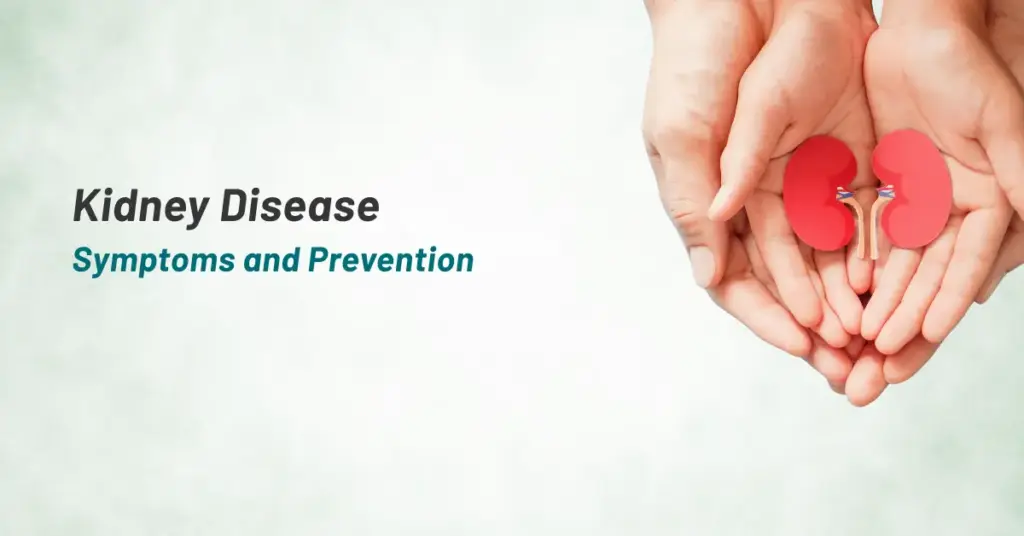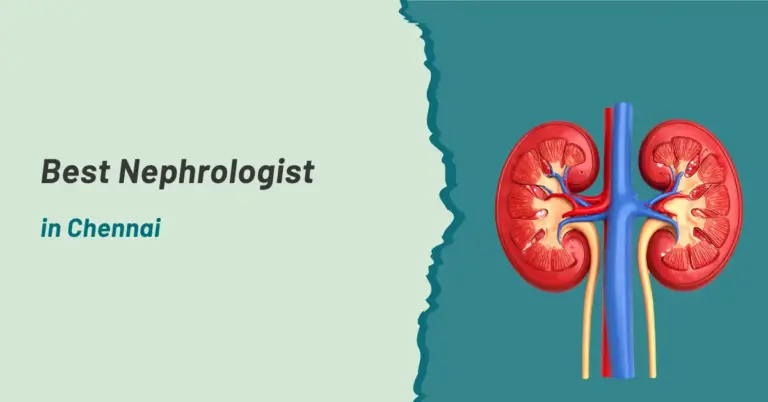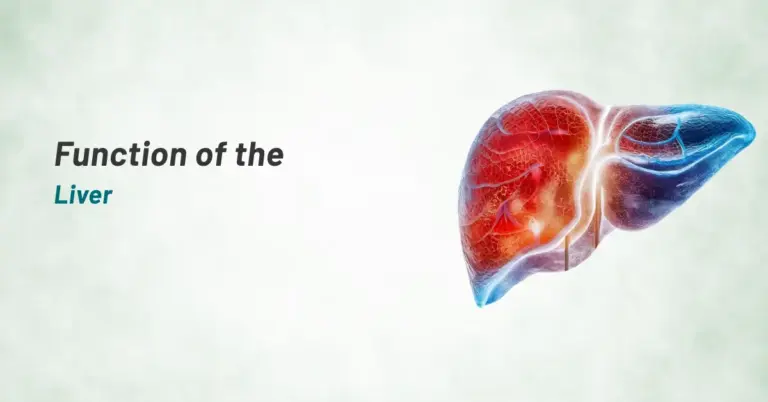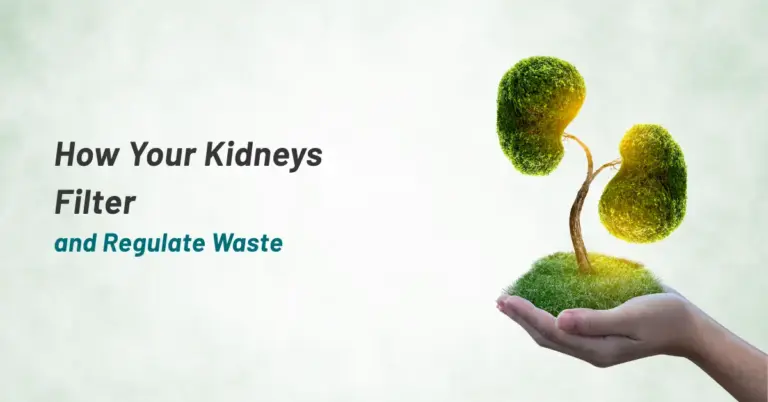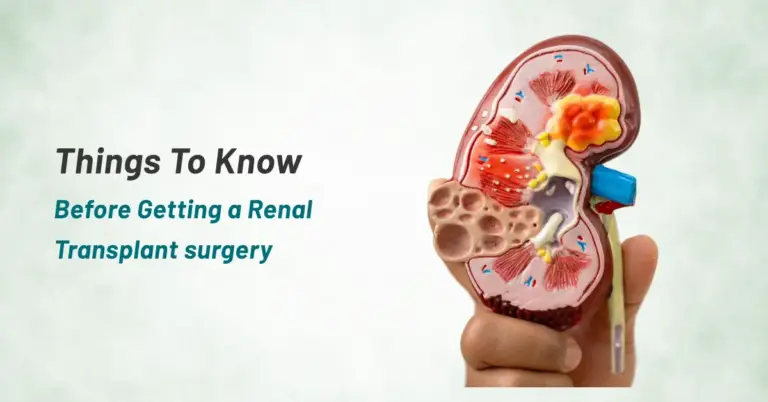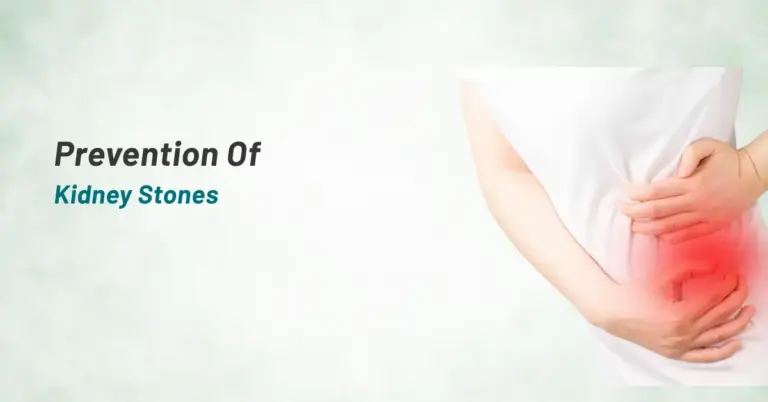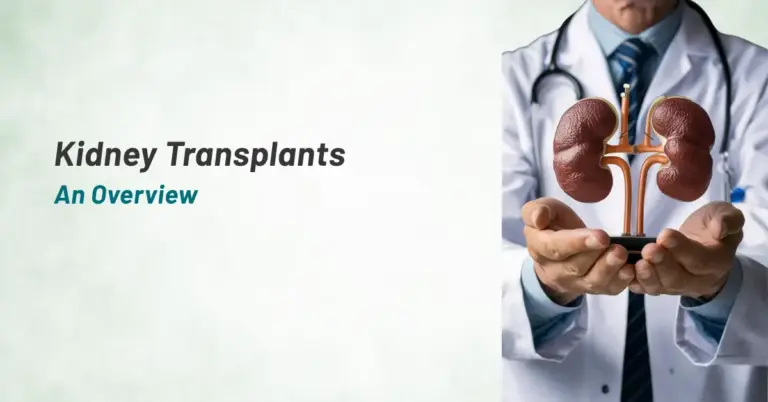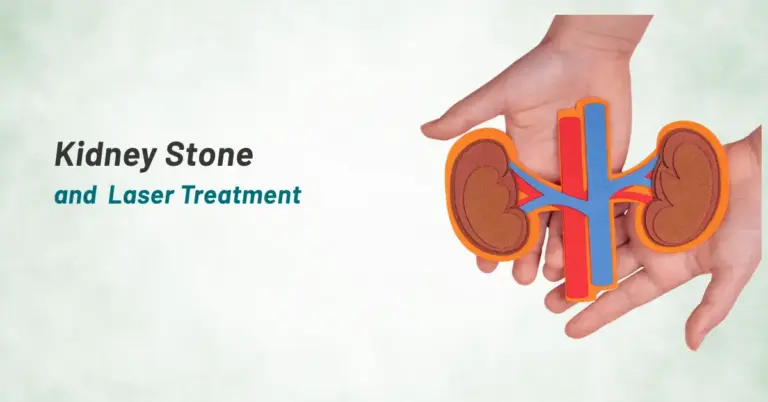Kidneys! They are highly complex organs that control blood chemistry, blood pressure, and the amount of fluid in the body. Healthy kidneys do many important jobs. They remove wastes and extra fluid from the body, help make red blood cells, keep bones strong, and work to maintain the right amount of minerals in the blood. Kidneys also keep the blood clean and chemically balanced. Think of your kidney as a filter. It helps eliminate waste and toxins from the blood that our bodies can’t process otherwise. They are crucial for delivering oxygen to the body and assist in keeping bones strong and healthy.
Chronic Kidney Disease (CKD) may progress to kidney failure, requiring dialysis or kidney transplantation. The earlier the kidney problems are detected, the greater the chance that disease progression can be slowed down or stopped. Taking good care of your kidneys can also help reduce the risk of stroke and heart attack.
Symptoms of Kidney Disease
Some causes of kidney diseases are still unknown. Although many forms of kidney disease do not produce symptoms until much later in disease progression, these are a few warning signs:
- Feeling tired – A severe decrease in kidney function can lead to a buildup of toxins and impurities in the blood. This can cause people to feel tired and weak.
- Muscle cramps at night – Electrolyte imbalances can result from impaired kidney function. For example, low calcium levels and poorly controlled phosphorus may contribute to muscle cramping.
- Swollen feet and ankles – Failing kidneys don’t remove extra fluid, which builds up in the body, causing swelling in the legs, ankles, feet, and hands.
- Food tastes like metal – A build-up of wastes in the blood (uremia) can make food taste different and cause bad breath. You might also start losing weight because you just don’t feel like eating.
- Puffiness around the eyes – It can be due to the fact that the kidneys are leaking a large amount of protein in the urine, rather than keeping it in the body.
- Dry and itchy skin – When the kidneys fail, the build-up of wastes in your blood can cause severe itching. This happens when the kidneys are no longer able to keep the right balance of minerals and nutrients in your blood.
- Frequent urinary tract infections – Recurrent UTIs may be caused by kidney stones. UTIs increase the risk of kidney infection, which can damage the kidneys if untreated.
Some other signs include decreased energy, difficulty concentrating, poor appetite, and insomnia. The unfortunate thing about kidney disease is that it typically causes few symptoms until it is advanced. However, simple tests are capable of detecting it.
When the kidneys are failing, the urine may change.
- You may urinate more often, especially during the night.
- Difficulty while urinating.
- Urination in smaller amounts than usual.
- Your urine may contain blood.
Risk Factors
A number of factors can increase the risk of developing CKD, including:
- Diabetes mellitus
- High blood pressure
- A family history of kidney disease
- Obesity
- Smoking
- Old age
- Having protein in the urine
- Having autoimmune diseases
Talk to a doctor immediately if you notice any of these signs and symptoms. Consult with the best nephrologists in Chennai at Prashanth Hospitals. Prashanth Institute of Renal Sciences provides comprehensive health care for patients with different types of renal diseases. Chronic renal diseases caused by diabetes, hypertension, stone disease, infections, hereditary illness, and poisons are diagnosed and managed by our efficient and experienced team of nephrologists. Book an appointment with the best kidney specialists in Chennai at Prashanth Hospitals.

